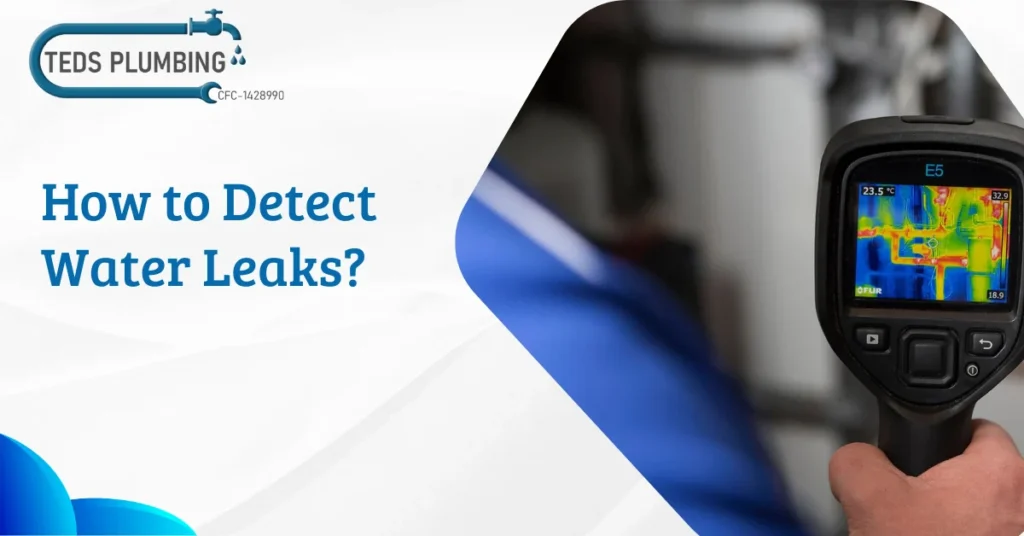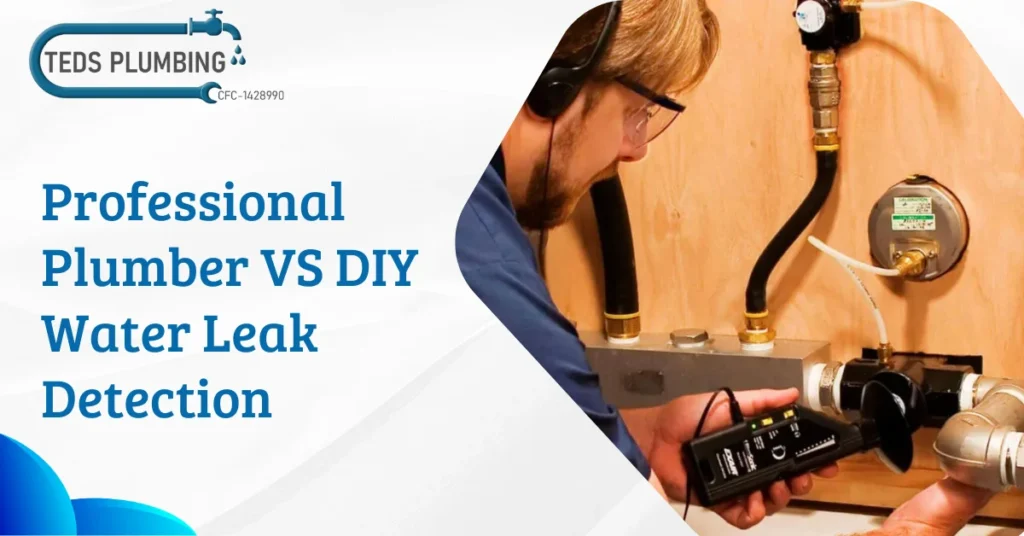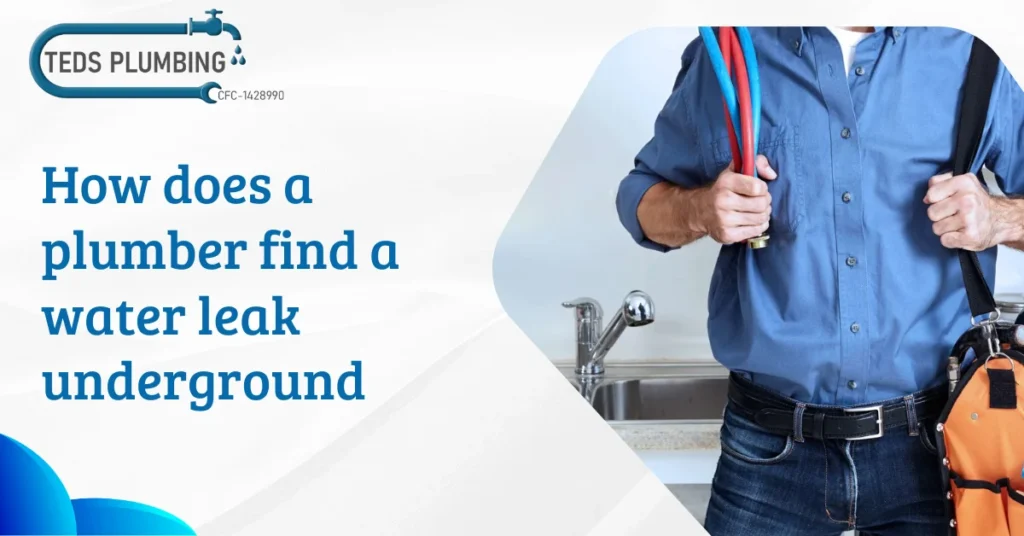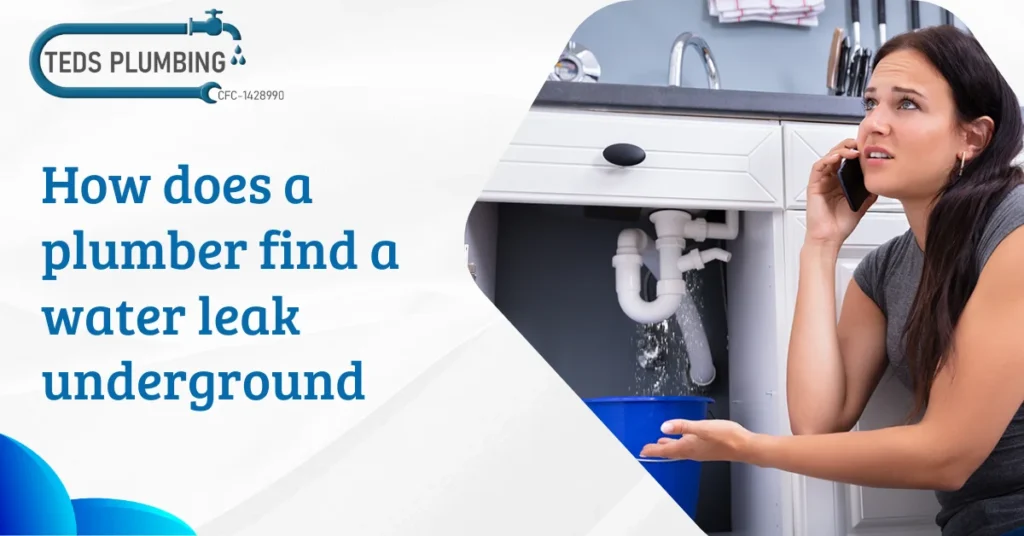Leaks are the biggest enemy of your house or office, silently damaging the foundations with utmost consistency. To avoid any disaster, you must periodically conduct water leak detection at your place. This will identify the presence and location of leaks in water supply systems, plumbing, or other water-related infrastructure. This detection will help you find the reasons behind the leaks and give you time to fix them immediately.
When conducting the leak detection, monitor other factors as well. If you have installed a new machine, welcomed a new member, or started a construction project, it can also cause more water usage in your home. So, do not assume a high water bill causes water leaks. A few signs indicate minor or severe water leakage at your place. Some of them are
- Musty, rusty smell
- Water puddles on the ground or backyard
- High water bill
- A gurgling sound coming from walls or floors
- Surprising greenery in the garden
- Cracked or damaged walls or pavement
- Constant running water meter
- Low water pressure
What Are The Common DIY Tests For Water Leak Detection?
Before calling a professional, a few DIY tests can help you detect water leakage at your home. These tests are harmless and often provide precise results. After these tests, you can certainly call a plumber find a water leak underground and fix the problem instantly. The typical DIY tests are as follows.
Water Meter Test
For this, record the initial meter reading from your water meter. Then, shut off the main water supply along with all taps and faucets in the building. Make sure no appliances or taps are consuming water when conducting a test. After 20 minutes, recheck the meter and write down the reading. If the number has changed or it is running constantly, you leak.
Toilet Tank Test
Take a blue or red dye from your nearest convenience store for this test. Open the toilet tank and put some dye in the water. Make sure no one uses the toilet at that time. After a while, check the toilet bowl. If you find even the slightest color in the bowl, you may leak and need professional assistance.
Inspect Visible Pipes and Fixtures
Periodically check all the pipes and fixtures of your building. For this test, go to each room and try to find any wet spots, bulging, sounds, or dampness in the walls or floors. If you keep seeing water in certain areas, there is a leak. Moreover, if you feel warm, wet areas on walls or floors, there is a leak in your hot water supply.
Check for Wet Spots Around Appliances
After these tests, check the appliances that use water frequently, including the washing machine and dishwasher, and monitor them before and after use. Suppose you keep detecting water gathered around the machines or constant dripping from the appliances. It means you leak somewhere.
Outdoor Inspection
Not only indoors, keep an eye on the outside of your building as well. If your backyard suddenly becomes green or has so many water puddles, potholes, or cracks in the pavement, it indicates a water leak. Moreover, monitor your basement’s walls as well. If it has bulges, cracks, or a weird smell, it is evident there is a leak.
Preventative Measures
You can take these preventive measures at home to avoid any water leaks. It will keep your home safe and dry for a really long time. Some of the safety measures are.
- Regularly inspect pipes and fixtures.
- Address any minor leaks promptly.
- Insulate pipes to prevent freezing and cracking.
- Consider installing a water leak detector.
Water leaks can cause a massive disaster in your home, but you can avoid major losses with active water leak detection and timely action. Any individual can do these DIY tests, which can give you a clear picture of any leakage in your room or building. After these tests, all experts recommend calling a professional for help.
Finding a durable plumbing company can be daunting. However, Ted’s Plumbing can help you instantly have a safe and hygienic home. Our plumbers in Fort Lauderdale are licensed and trained to handle any catastrophic situation adequately. Visit our website now to get a fair quote or book an inspection!
FAQs
How do you test if your water is leaking?
You can run a water meter test and dye test to find leaks in your taps, pipes, or appliances.
How do you check for a leak in your water?
You can look for signs to check leaks like water puddles, low pressure, noise, and constant running water meters.
Which technique is used to detect water leakage?
Trace gas and pressure testing are the best techniques to detect water leakage in homes or offices.




